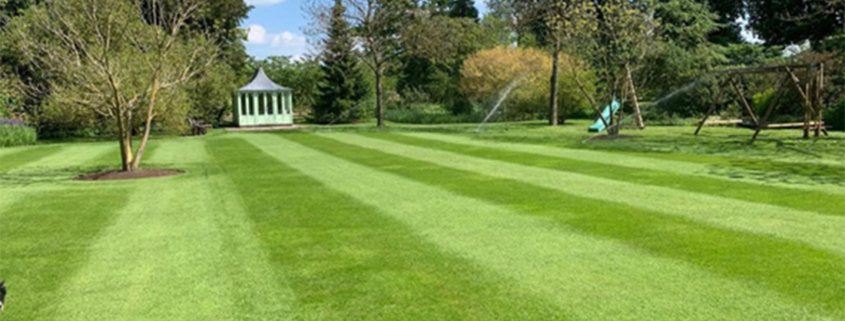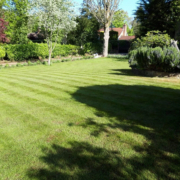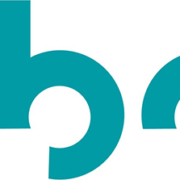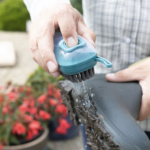Are Lawn Seed Sales Normalising Failure In Lawns?
Are Lawn Seed Sales Normalising Failure In Lawns?: Has the lawn grass seed industry been quietly normalising failure? And have we all been falling for it?
Just look around the UK—it’s green, lush, and covered with native grass species that thrive naturally without intervention. Whether on a hillside, a riverbank, or a mountaintop, these grasses maintain themselves, often managed by just sheep, cattle, or simply by the soil itself. Yet, somehow, lawns across the country regularly struggle, creating mud baths for millions of homeowners.

Are Lawn Seed Sales Normalising Failure In Lawns?
If you’ve ever wondered why, you’re not alone. Millions believe that the grass seed they buy is the solution to a perfect lawn. It’s a sales pitch of course, NOT a long-term fix.
The most sold seed in the UK contains dwarf ryegrass, which, despite its many miss-leading claims, guarantees one thing—failure.
Dwarf ryegrass, originally used as cattle feed, needs constant overseeding and typically only lasts a season before fading away and leaving homeowners with a muddy mess. Yet, we are led to believe that each new seed blend, backed by shiny PR and claims of scientific innovation, is the answer we’ve been waiting for.
This marketing playbook is eerily similar to the soap industry’s endless “new and improved” formulas. The difference is that, unlike soap, the grass we’re sold simply isn’t fit for purpose. Since the mid-90s, many UK lawns have failed, and it’s almost by design. The lack of real education on sustainable lawn care—often perpetuated (and also believed) by the very garden institutions people trust—has fuelled an entire industry of lawn care products and apparent experts.
It’s become a cycle: seed your lawn, watch it grow for a few months, a look of awe for a few months, then see it struggle or die off in winter (again). The answer when that happens, of course, is more seed, more topdressing, and more water—none of which would be necessary if we used more resilient native species.
This waste of resources is a huge profit driver for companies. In fact, almost every lawn franchise or company in the UK has taken this failure as a way of expanding businesses.
If native grasses thrive across the UK without the need for constant intervention, why are manicured lawns different? Perhaps it’s time to reconsider the ryegrass con and ask ourselves are we being sold failure in a bag?
For the latest industry news visit landscapingmatters.co.uk/news
Get all of the big headlines, pictures, opinions and videos on stories that matter to you.
Follow us on Twitter and Instagram for fun, fresh and engaging content.
You can also find us on Facebook for more of your must-see news, features, videos and pictures from Landscaping Matters












